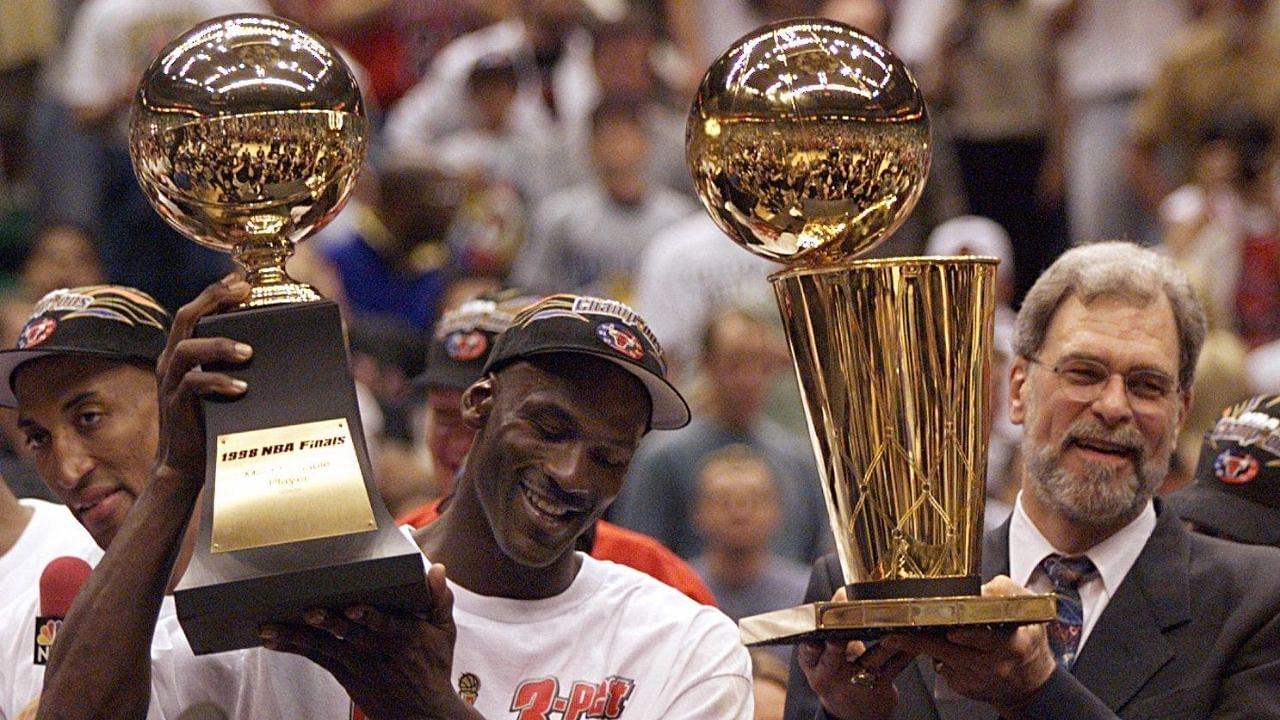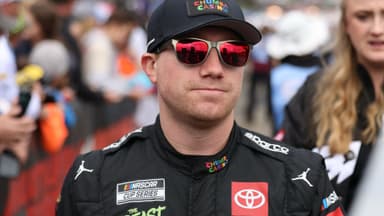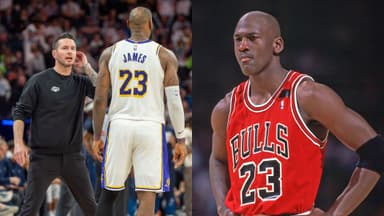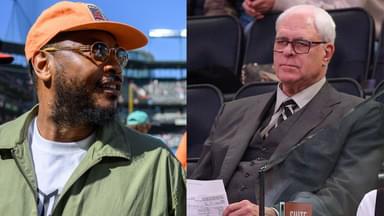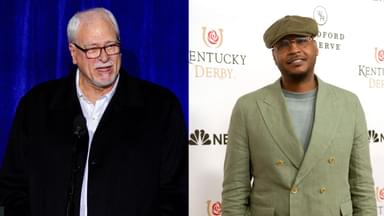When Phil Jackson took over as head coach of the Chicago Bulls in 1989, he had one infallible asset. Michael Jordan was the one player he could always bank on. But would that be good enough to win a championship?
Advertisement
Jackson brought a sea change in the perception and play of the Chicago Bulls when he came into the job. The man won 6 championships in 9 seasons with Chicago, only 7 of which were played by Michael Jordan.
Now, Jordan was coming off one of the greatest statistical seasons of all time in 1988-89. By most advanced metrics, his figures of 32/8/8 that year put it at his highest TPA ever.
But Jackson had other plans for the Bulls offense. He was focused on a more egalitarian style of play that would allow for greater ball and player movement.
Jackson empowered Hall of Famer Tex Winter, who was his assistant coach, to implement the triangle offense. This meant that Jordan’s assists totals would remain low for the rest of the career. The triangle also allowed Pippen to fully blossom into a devastating point forward.
Phil Jackson on how he changed Michael Jordan for the better
But selling Michael Jordan on this idea of getting him to give up the ball was going to be tough. The man had already won 3 scoring titles by that point, and he certainly wasn’t going to give up shots.
Perhaps, however, he’d relent to a redistribution of when he took them? And perhaps he’d also relent to getting less of the ball in a playmaking role and more in a scoring role? This is what the Zen Master told Roland Lazenby, from an extract in the book ‘Michael Jordan: The Life’:
“I was nervous when I took over the Bulls, but it wasn’t the kind of nervousness where you lose sleep at night. I wanted to do well… I was anxious about having a good relationship with Michael…I was anxious about selling him on the direction in which I was going.”
“You knew what Michael was going to give you every single night as a player. He was gonna get those thirty points; he was gonna give you a chance to win. The challenge was, how to get the other guys feeling a part of it. Like they had a role, a vital part. It was just his team, his way.”

